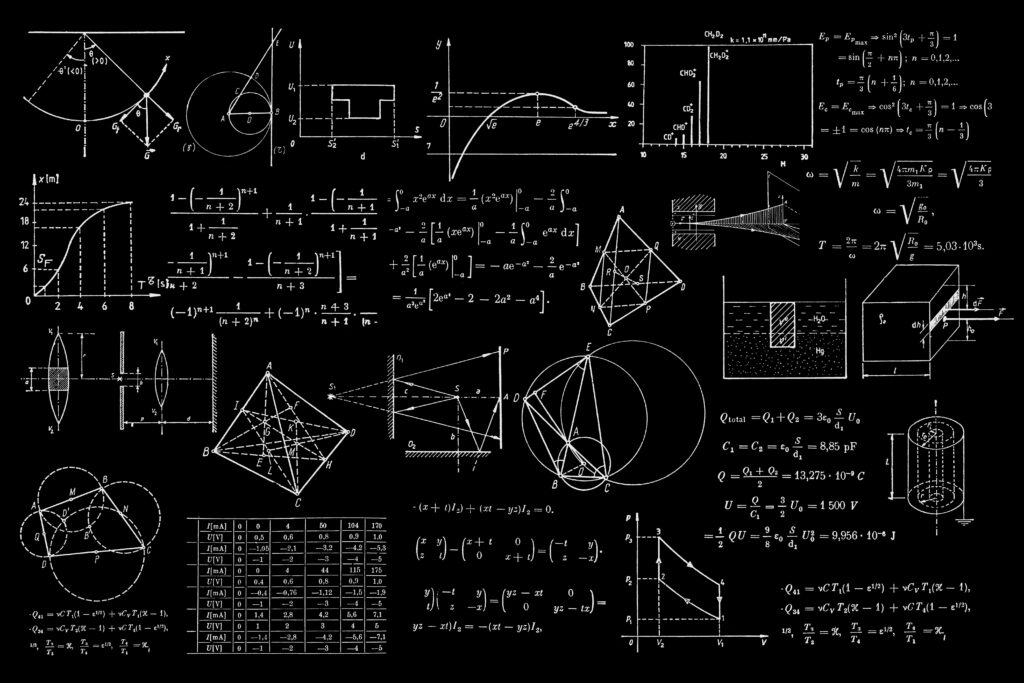Understanding Entropy: The Measure of Disorder in Physics


Entropy is a fundamental concept in physics that often confuses people because it blends scientific precision with philosophical implications. At its core, entropy is a measure of disorder or randomness in a system. While this may sound abstract, it plays a crucial role in explaining why specific processes occur naturally and why others do not. To understand the universe and the laws that govern it, understanding entropy is essential.
The Origins of Entropy
The concept of entropy first appeared in the 19th century through the work of German physicist Rudolf Clausius. He introduced it while studying the efficiency of heat engines and the transformation of energy from one form to another. Clausius realized that not all energy in a system is available to do practical work. Some of it is inevitably lost in the form of heat, and this loss leads to an increase in entropy. This idea became one of the central elements of the Second Law of Thermodynamics, which states that the entropy of an isolated system will always increase over time.
Entropy and the Second Law of Thermodynamics
The Second Law of Thermodynamics is crucial in understanding entropy. According to this law, any natural process tends to move toward a state of greater disorder or maximum entropy. This is why things break down rather than assemble themselves spontaneously. For example, a cup of hot coffee left in a room will cool down rather than heat up. The heat energy spreads out into the surroundings, increasing overall entropy.
This law also explains why time seems to move in one direction. In physics, most laws work the same whether time moves forward or backward. However, entropy gives time a clear direction—from order to disorder. This is sometimes called the “arrow of time.” Once something becomes more disordered, it rarely returns to its original, more ordered state without the input of external energy.
Entropy in Everyday Life
Entropy is not just a concept for scientists in labs. It affects our daily lives more than we realize. Take, for example, the way your bedroom tends to get messy over time. It takes effort to keep it clean and organized, but if left alone, things naturally drift toward disorder. This is entropy in action. It applies to everything from cooking food to rusting metal to the spreading of perfume in a room.
Another typical example is melting ice. An ice cube has a highly ordered structure. When it melts, the molecules become more disordered, and the entropy increases. The energy used to melt the ice is absorbed as heat, which also contributes to increasing entropy.
Entropy in Information and the Universe
Interestingly, entropy is not limited to physical systems. It also has applications in information theory. In this context, entropy measures the uncertainty or randomness of information. The more unpredictable the information, the higher the entropy. This has important implications for data compression and cybersecurity.
In cosmology, entropy helps scientists understand the universe’s ultimate fate. The universe started in a state of low entropy, with matter and energy highly concentrated. Over billions of years, it has expanded and become more disordered. Some theories suggest that the universe will continue to increase in entropy until it reaches a state known as “heat death,” where no usable energy remains, and all processes cease to exist.
Misconceptions About Entropy
Because entropy is often described as a disorder, it’s easy to misunderstand what it means. Disorder in physics doesn’t always look like a messy room. Sometimes, systems that appear organized to the human eye can have high entropy, and those that seem random may have low entropy in a scientific sense. What matters is the number of ways a system can be arranged while still having the same overall properties.
Another misconception is that entropy is about things “falling apart.” While this is partly true, it’s more accurate to say that systems evolve in a direction that increases entropy. Living organisms can maintain order within themselves by taking in energy from their surroundings and releasing heat, which increases the entropy of the environment.
Why Entropy Matters
Entropy helps us understand why some things are possible, and others are not. It tells us that energy spreads out unless something stops it. This principle underlies everything from the efficiency of engines to the lifespan of stars. It also reminds us that change is a natural and often irreversible process.
By grasping the idea of entropy, we gain a deeper appreciation for the laws that govern the universe. We begin to see patterns in chaos and understand why time moves forward only. Entropy may seem like a complex idea, but at its heart, it helps explain why the world works the way it does.
entropy in physics
Entropy is more than just a scientific term. It’s a concept that connects the physical world with the flow of time, the nature of energy, and even the limits of human understanding. Whether you’re studying physics or simply curious about how the universe operates, understanding entropy offers a powerful lens through which to view the natural world. As we continue to explore the universe, entropy remains a key to unlocking its many mysteries.
